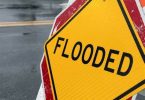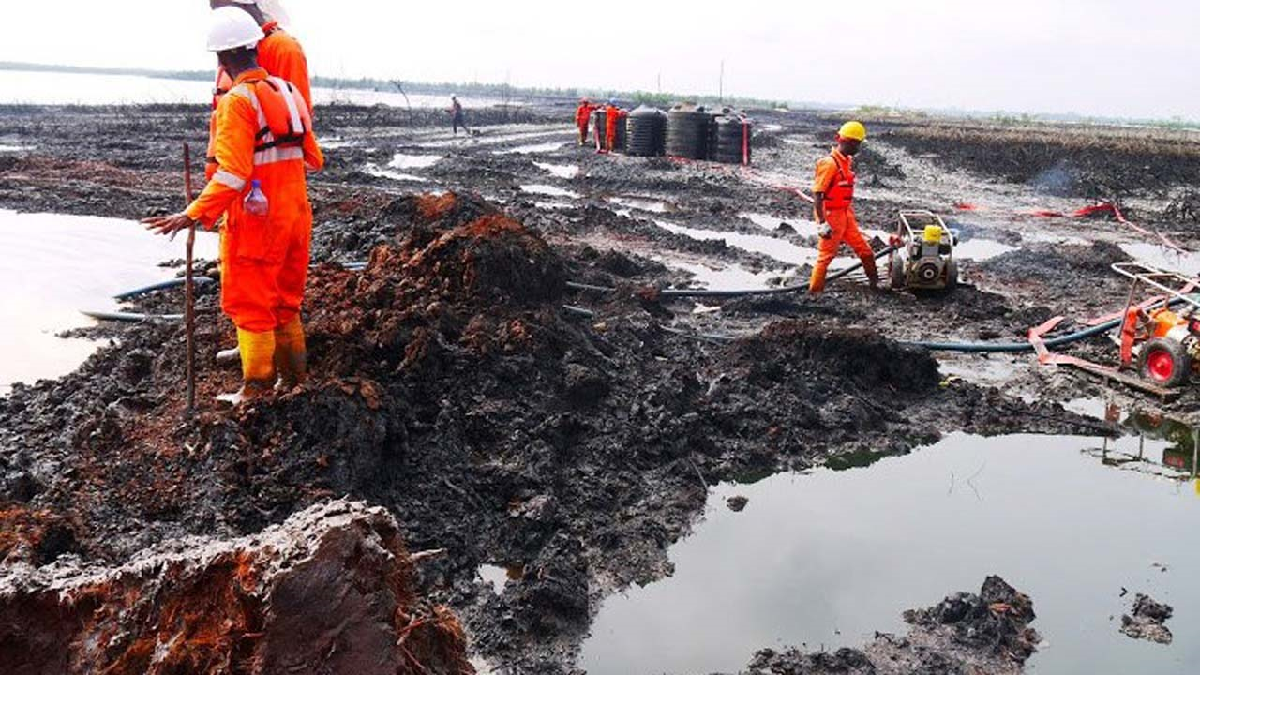The Federal Government has thrown the fear of flood into our hearts by stating that 33 states and Abuja are in danger of being flooded within the last quarter of 2020.
Specifically, only three states may be free from the fury of the expected flood. These are Cross River, Ebonyi and Katsina.
The Minister of Humanitarian Affairs, Disaster Management and Social Development, Ms Sadiya Umar Farouq has urged the states with highly probable flood risk areas to identify high grounds for use as camps for the evacuation of possible Internally Displaced Persons (IDPs) from flood-prone areas.
Flood is caused by both man and nature; it is not entirely preventable, but it is manageable because it is predictable.
Flood-inducing factors include climate change, blocking of water channels and drainages by refuse and weeds, poor drainage caused by poor town planning and regulations.
Most of our cities are unplanned. Even a planned one such as Abuja is messed up by careless residents who stubbornly build structures where they should not and dump refuse wherever they like.
At the end of the day such a careless lifestyle comes back to bite the residents when flood rewards them with anger.
With the heavy rains witnessed in some states already there has been loss of lives and property, damage to buildings, displacement of persons and loss of farmlands.
In the long run there will be other negative spin-offs such as water contamination, poor harvest, possible famine, and loss of sewage disposal facilities which can lead to water-borne diseases such as typhoid and cholera.
The warning given by the Federal Government to the states must be taken as a riot act which should ginger the governors into immediate action.
The heavy rains are already here, and some states are already bearing the brunt of its harshness.
It is not too late to start a major enlightenment campaign all over the country. The thrust of the campaign should be three-fold (a) To alert people in the flood-prone areas to the likely unsavoury consequences of the expected flood (b) To urge them to kick out of their lives flood-inducing bad habits and (c) to find for them safe accommodation in flood-free territories with appropriate plans for humanitarian assistance to them.
Flooding at this time of COVID-19 pandemic means double jeopardy. For the past seven odd months many farmers and business operators in both urban and rural areas have not been able to operate at full capacity.
Hunger is therefore an existential threat. When floods inundate farmlands, it can prevent crops from being planted or harvested.
This is likely to lead to food shortages for both humans and animals. We are at that point already.
That is partly why the prices of foodstuff are heading skywards. With the recent increase in the prices of petrol and electricity the prices of food will stay up and are unlikely to come down.
This will add more misery to the misery of COVID-19 pandemic. In normal settings, heavy rains are good because they fertilise the soil and make land in arid and semi-arid regions cultivatable.
But very heavy rains that cause severe flooding are an abnormality.
They pose a danger to mankind and may bring about the loss of many lives.
In other parts of the world the severity of floods is legendary. In the 1887 Yellow River Flood in China about two million lives were lost.
The one that occurred in the same country in 1931 claimed 3.7 million lives.
We cannot forget the 2004 Indian Ocean tsunami that left 150, 000 people dead or homeless.
The most recent of such devastating episodes was the 2011 tsunami that struck Japan, leaving more than 10,000 people in one coastal town alone unaccounted for.
These figures of the dead, the displaced or the unaccounted for, ought to wake us up from our lethargic reaction to these flood warnings.
We have been particularly lucky that we have not had the misfortune of facing a national disaster of such monumental dimension as the ones named above.
But that does not mean that we should stretch our luck.
Apart from taking some emergency measures now we must be ready to put some medium or long-term plans in place because climate change is not likely to vanish soon.
READ ALSO: FEMA warns of severe flood
Since most of our cities remain unplanned and our bad living habits remain a problem, we must plan for the worstcase scenario.
We must do long-term land use planning and regulation; our engineering design and construction of structures must be made to control or withstand flooding; we must do regular monitoring and forecasting as well as emergency response planning.
Doing all of these does not mean we will experience no flooding in the country.
It only means that when it does occur, we will be able to manage it with relative ease and thus save lives and property that could have been swept away by it.








Leave a Comment
You must be logged in to post a comment.